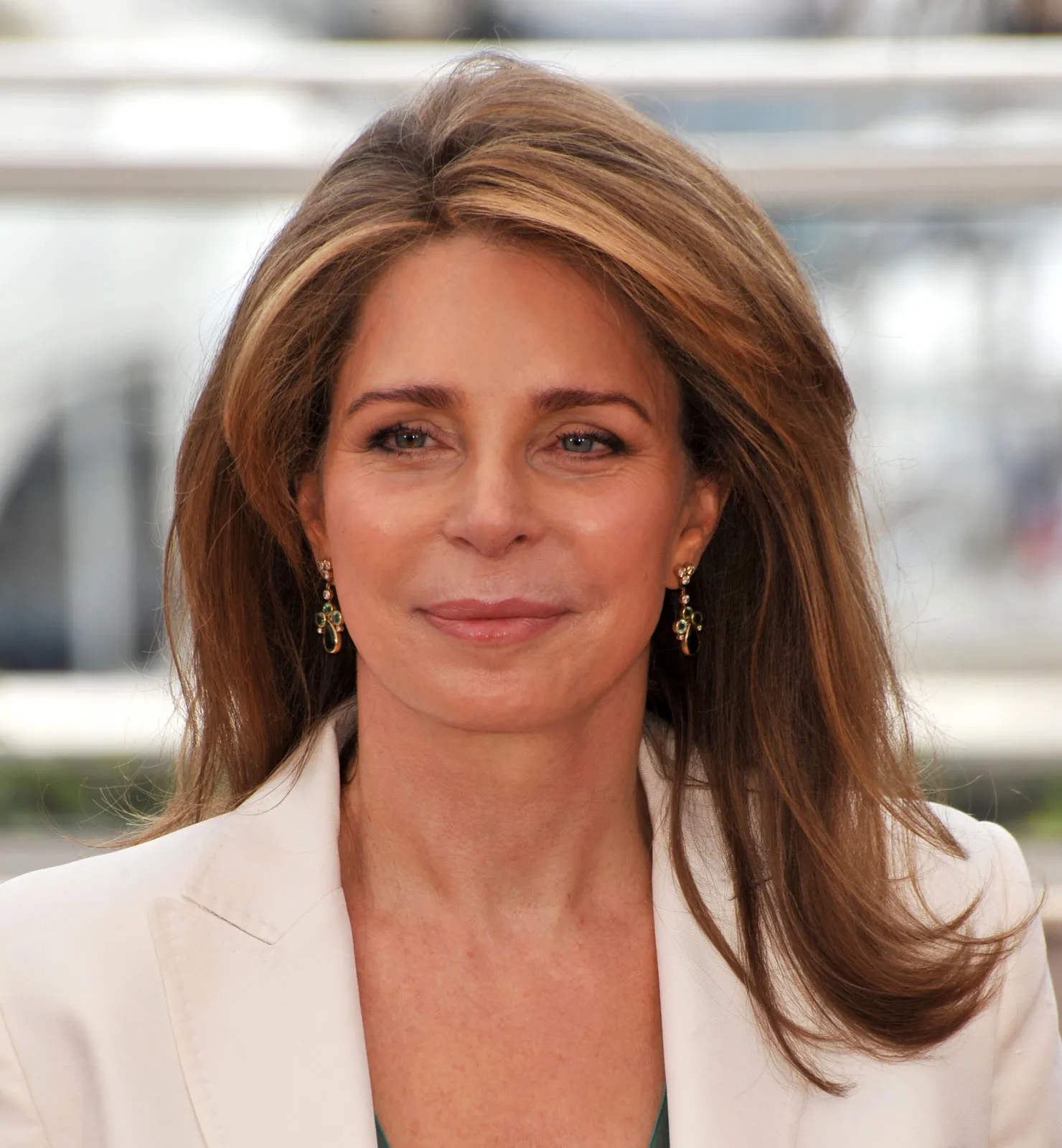WELCOME MESSAGE
FROM OUR CHAIR HER MAJESTY
QUEEN NOOR AL HUSSEIN


King Hussein understood his primary role in life was to serve his people by promoting their wellbeing and security, while also setting a personal example of putting values into action. As a Hashemite direct descendent of the Prophet Muhammad, PBUH, he understood that his values reflected Jordanian, Arab, and Islamic dictates and traditions, which make every man and woman responsible for the common wellbeing of all in society.
For him, essential Islamic values include integrity, compassion, tolerance, social and gender equity, consensus building, and above all, peace based on justice. Whether working with individuals, institutions or entire states, every day he fought to instill these values into all his efforts.
He tried to lead by example, giving life to these beliefs in private and in public. He sought to translate his personal humility, faith in his fellow human beings, and deep humanism into public systems of governance.
This allowed Jordan, during his reign, to transcend its limited resources and leap forward from a pre-industrial state to a modern post-industrial society in under two generations. He sought whenever possible to offer Jordan as a regional model for achievements in human development, gradual political liberalization, and equitable access for all to healthcare and education.
He accomplished this primarily by providing universal education, promoting women’s empowerment, and allowing all citizens to express their views and contribute to policymaking in one way or another.
This humanistic vision drove our partnership when we joined our lives over forty years ago. It also shaped the programs and goals that ultimately defined the King Hussein Foundation, which perpetuates both his name and his legacy of compassionate leadership.
Since the foundation’s founding, our region and the world have improved the wellbeing of billions of individuals; yet many in polarized societies still suffer stubborn unmet basic needs that translate into chronic poverty and marginalization.
The devastating impact of the COVID-19 pandemic has further exacerbated chronic economic, social and environmental challenges across the world. The consequence includes too many early deaths, massive job losses, out-of-school children — and an increase in once-hidden ailments like gender-based violence or mental health struggles.
In keeping with our legacy of creating best practice sustainable development models, we responded quickly to the pandemic in two main ways: we streamlined our work to more rapidly raise national public awareness of critical preventive health care at home, while we maintained our support to beneficiaries through hybrid programs that included on-line and in-person actions. We sharpened our efforts to create new livelihood opportunities for youth and women, often within innovative education and social enterprises; and we always partnered with local and global civil society organizations, UN agencies, and public and private institutions, to multiply the impact of our work throughout society and across countries. At the same time, in response to critical needs at home and across the region, we launched new food security initiatives and gender-based violence centers of excellence.
The global recovery challenges us all. But if we act boldly, swiftly, and collaboratively, we can transform mere recovery into an unprecedented opportunity to allow women, youth, and the marginalized to enjoy easier and more equitable access to jobs, skills training, education, and health services.
My work, around the world, for the displaced, the missing, the marginalized, and those suffering crushing poverty has taught me a lesson in sustainable development that resonates within me every day: when we offer previously excluded men and women real opportunities in those life dimensions that define human security or its absence — education and training, youth and women’s leadership, participation in economic and community life — those who were once marginalized and subjugated quickly flourish as agents of change. They transform their own communities, and they also reach further afield to foster national mindsets that can change entire countries.
Over his 47-year reign, King Hussein never achieved all his developmental or political aspirations goals for Jordan and the Arab-Islamic world. Yet in our own and ongoing work, his integrity and devotion to human security and dignity still guide us as we pursue the goal of justice and wellbeing for all.
We honor King Hussein’s memory every time we reach out to others with humility, openness, optimism, respect, and love. He lived by those values, and we must continue to put them into action to.
This was his life’s work. This is our mission at the KHF. We uphold his legacy of personal faith and virtue, in the service of equity for all humanity.
More than ever today, the work of the King Hussein Foundation can assist people to acquire skills and knowledge that will allow them to participate fully in our ever more complex societies and economies. That, in turn, opens their doors to a more dignified and healthy life, in which they can assist others still in need. I hope that this legacy and mission will inspire you to join our community, and show how human compassion and responsibility get to work. I hope you will help us move closer to King Hussein’s vision of a just and merciful society that treats all its men, women, and children with one standard of love, respect, and opportunity.
I look forward to continuing our journey together.
NOOR AL HUSSEIN
Your Future Starts Here.
Our multidimensional and integrated academic approach is designed to foster deep critical thinking and creative problem solving.This is where hard work and autonomy meet.
